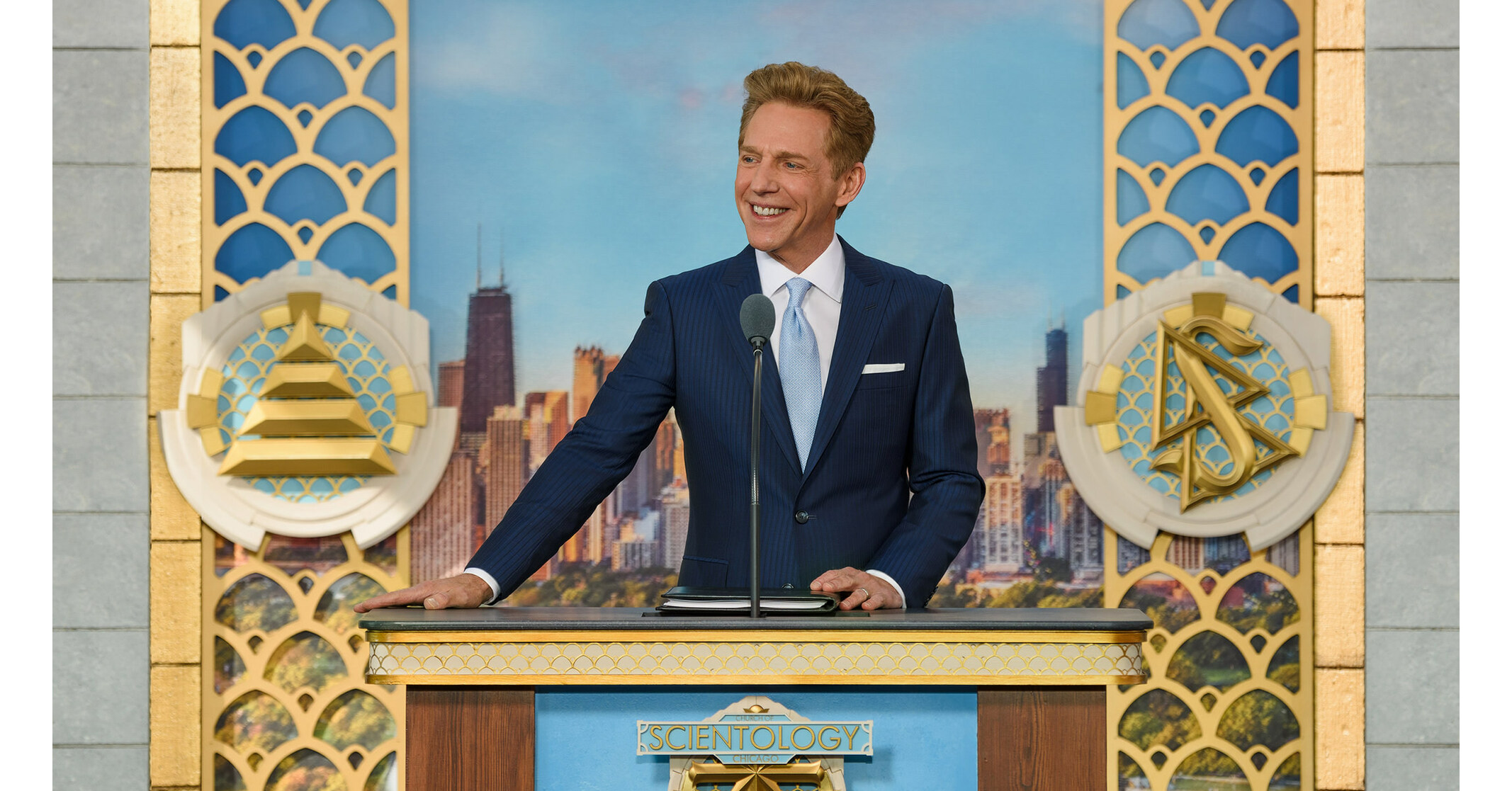Scientology South Africa: Accepting Spiritual Growth and Personal Growth
Scientology South Africa: Accepting Spiritual Growth and Personal Growth
Blog Article
The Truth About the Church of Scientology Revealed
The Church of Scientology has actually long been a subject of both attraction and controversy, with its origins dating back to the mid-20th century. Established by sci-fi writer L. Ron Hubbard, this spiritual activity has actually acquired considerable attention for its unique beliefs and techniques. Beyond the surface area degree info that several are familiar with, there exists a much deeper and extra detailed internet of debates, objections, and complexities that lost light on the internal operations of this organization. As we start to untangle the fact concerning the Church of Scientology, a more clear photo emerges, revealing a narrative that is as intriguing as it is contentious.
Beginnings and Establishing
The Church of Scientology was established in 1954 by scientific research fiction writer L. Ron Hubbard. Hubbard originally developed a self-help system called Dianetics, which later evolved right into what is now called Scientology. The beginnings of Scientology trace back to Hubbard's frustration with typical psychiatric therapy methods and his belief in the capacity for individuals to overcome past traumas and achieve spiritual enlightenment.
Hubbard's teachings centered around the principle of thetans, never-ceasing souls provide in all individuals, and the practice of auditing, a kind of counseling intended at uncovering and attending to previous traumas (Scientology Johannesburg). These concepts developed the foundation of Scientology, which Hubbard called a faith that used a path to self-discovery and personal growth
The Church of Scientology quickly gained fans, with Hubbard developing the very first main Church of Scientology in Los Angeles. Throughout the years, the company expanded internationally, attracting both dedicated fans and critics that raised worries regarding its techniques and ideas. Despite conflicts bordering its origins and methods, Scientology proceeds to be a considerable religious movement with a presence in numerous countries around the globe.

Ideas and Practices
With an emphasis on spiritual enlightenment and individual development, Scientology's ideas and practices revolve around achieving and revealing previous injuries self-discovery through the principle of thetans and the practice of auditing. Thetans, according to Scientology teaching, are never-ceasing spiritual beings that exist within each person.
Bookkeeping includes an individually session between a trained auditor and a Scientologist. Throughout these sessions, the auditor guides the person through a series of inquiries and workouts designed to aid them challenge and solve their previous traumas. By doing so, Scientologists believe they can accomplish spiritual enlightenment, boost personal growth, and reach their complete capacity as souls. The method of bookkeeping is main to the beliefs and methods of Scientology, stressing self-discovery and the search of a greater state of existence.
Objections and disputes
Amidst public analysis and dispute, the Church of Scientology has faced a wide range of criticisms and conflicts concerning its methods and influence on society. One considerable factor of contention revolves around the organization's supposed economic practices, with allegations of inflated charges for solutions and aggressive fundraising techniques - Scientology Randburg. Critics have actually additionally increased problems regarding the Church's stringent ordered structure, which some previous members assert fosters a society of control and adjustment
In Addition, the Church of Scientology has actually gone through widespread objection for its treatment of members, consisting of accusations of compelled labor, emotional misuse, and the practice of interference, where members are urged to sever connections with friends and family crucial of the Church. These practices have brought about various lawful difficulties and examinations in multiple nations, casting a shadow over the Church's reputation.
Moreover, the Church's aggressive lawful strategies against doubters pop over here and media electrical outlets have actually triggered arguments regarding free speech and the limits of religious defense. These conflicts have significantly shaped public perception of the Church of Scientology and remain to fuel ongoing debates about its authenticity and effect on society.
Leadership and Framework
How does the management framework of the Church of Scientology influence its operations and decision-making procedures? The Church of Scientology is known for its ordered leadership model, which is centralized around the authority of its leader, currently David Miscavige. As the Chairman of the Board of the Religious Technology Facility, Miscavige holds significant power within the organization. This central management structure enables fast decision-making and consistent enforcement of plans across the church's numerous branches worldwide.
At the local degree, Scientology runs through individual churches and objectives, each with its very own set of leaders accountable for looking after procedures within their corresponding locations. These leaders are tasked with implementing the directives set forth by the main management while additionally dealing with the particular requirements of their churchgoers.
While this hierarchical structure can make sure and improve procedures adherence to the church's teachings, it has actually also faced objection for potential misuses of power and lack of openness. Understanding the leadership and structure of the Church of Scientology is vital in understanding exactly how the organization functions and the characteristics at play within its rankings.
Influence and Effect
What significant impacts does the leadership framework of the Church of Scientology carry its participants and outside stakeholders? The hierarchical management structure within the click for more info Church of Scientology exerts an extensive influence on its participants and outside stakeholders. Participants are commonly based on strict control and surveillance, with considerable pressure to adapt the beliefs and methods dictated by the management. This can result in a loss of personal freedom and essential reasoning abilities, as people are expected to unquestioningly adhere to the directives stated by the company's leaders (What is Scientology).
Externally, the Church of Scientology's management structure can have a polarizing result on stakeholders. While some may be attracted to the organization's charming leaders and pledges of self-improvement, others may watch out for the control exerted over members and the debates surrounding the church. This can bring about a division in public understanding, with some seeing the company positively and others sharing apprehension or criticism. Generally, the management structure of the Church of Scientology plays a significant function fit the experiences and perceptions of both participants and exterior stakeholders.
Verdict

The Church of Scientology quickly obtained followers, with Hubbard establishing the first main Church of Scientology in Los Angeles.Among public scrutiny and debate, the Church of Scientology has encountered a wide variety of objections and disputes concerning its techniques and effect on culture.What considerable results does the leadership structure of the Church of Scientology have on its participants and external stakeholders? The hierarchical leadership structure within the Church of Scientology exerts an extensive impact on its participants and exterior stakeholders. Generally, the leadership structure of the Church of Scientology plays a substantial duty in shaping the experiences and assumptions of both members and external stakeholders.
Report this page